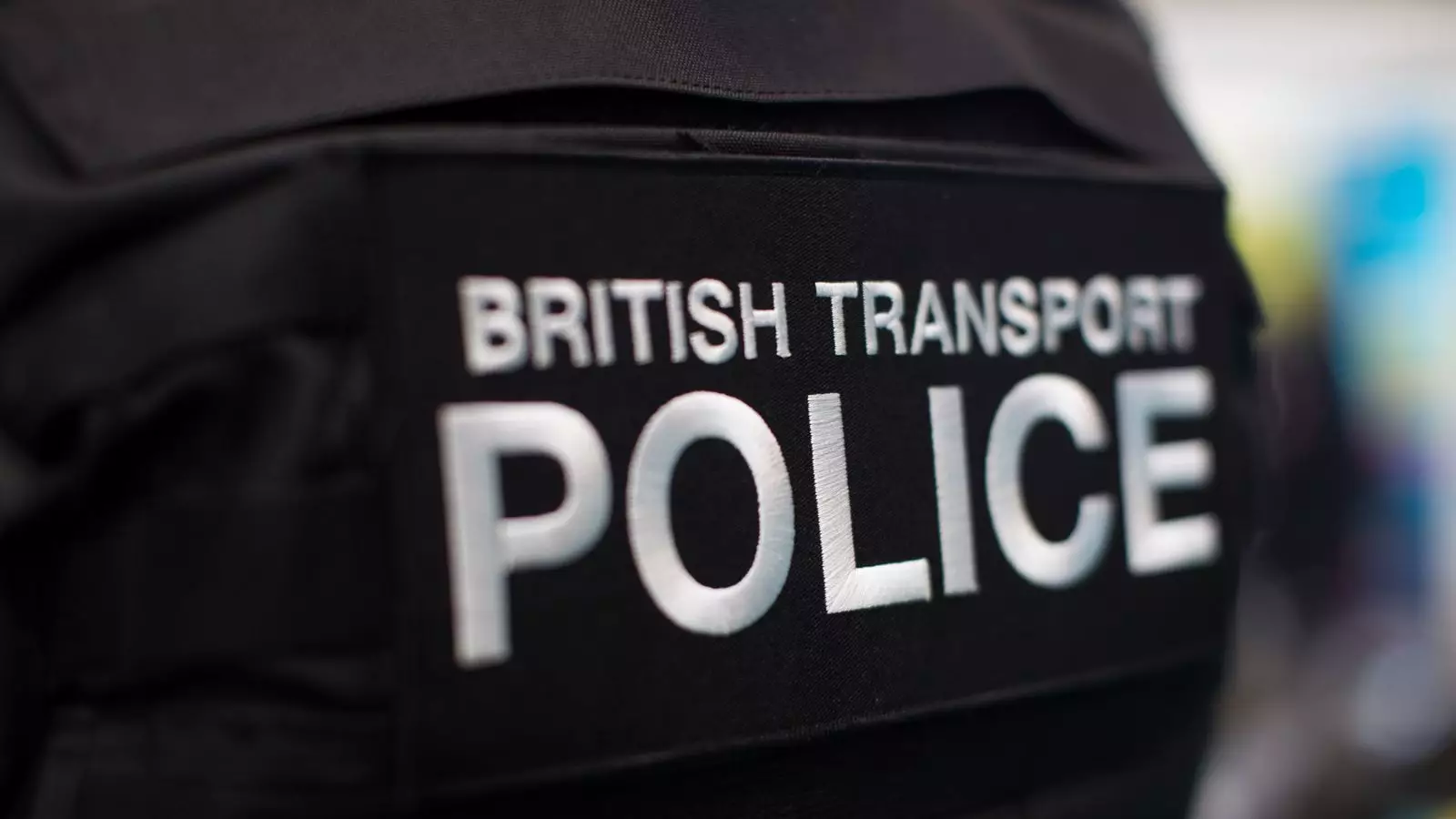In a monumental shift, the British Transport Police (BTP) have found themselves standing at a contentious crossroads following the Supreme Court’s recent ruling, which has fundamentally altered how trans women will be treated in custody. This verdict asserts that the term “woman” under the Equality Act 2010 strictly pertains to biological females. Consequently, an interim policy has been established directing that strip searches of trans women in custody will now be performed by male officers, irrespective of the individual’s identified gender. While this ruling claims to serve justice and uphold clarity, it undeniably opens the floodgates to questions around human rights, dignity, and the moral fabric of our society.
Implications for Vulnerable Populations
The decision made by the Supreme Court is expected to have far-reaching consequences, particularly impacting vulnerable populations—namely, those who identify as transgender. The rationale presented suggests that the distinction between biological sex and gender identity necessitates reevaluation in various public service policies, creating a schism within the community and beyond. Critics argue that this policy amounts to degrading treatment and could potentially lead to increased instances of harassment during searches, stripping individuals of their dignity at their most vulnerable moments. This debate is not merely an academic exercise; it has tangible consequences for the lives of individuals who seek safe spaces and respect from law enforcement.
Safety vs. Rights: A Balancing Act Gone Awry
Advocates for women’s rights, including the campaign group Sex Matters that initiated the judicial review, have framed the policy change as essential for protecting female detainees from potential sexual harassment and assault. Yet, this framing simultaneously reveals the vulnerability of trans women, who now find themselves at greater risk within the very system meant to protect them. Such a dichotomy not only threatens the safety of trans women in custody but also positions female officers in a troubling predicament: they may be compelled to search biological males despite voicing discomfort. It is ironic, and indeed tragic, that efforts to safeguard women can lead to further marginalization of another community, thereby constructing barriers rather than solutions.
The Unraveling of a Complicated Tapestry
Statements from prominent figures, including government minister Karin Smyth, have conveyed a sense of urgency for public bodies to reassess their policies. However, a veiled caution permeates these appeals, suggesting a reluctance to confront the complexities. This lack of willingness to engage with the full spectrum of identities further complicates the narrative, forming cracks within the already fragile framework of equality laws. Moreover, Baroness Kishwer Falkner’s remarks that the ruling clarifies the law can be viewed as a double-edged sword—while it removes ambiguity surrounding definitions, it sacrifices an essential nuance that lives within human experiences.
The Path to Collective Understanding
Navigating through this tempestuous landscape demands engagement from all sides—trans rights advocates, women’s organizations, and law enforcement alike. It is a collective struggle to find common ground while respecting the dignity and rights of all individuals. The legal maze we currently inhabit demands dialogue, empathy, and, most crucially, an understanding that identities are multifaceted. Yet, as we stand witness to this ruling, it becomes evident that the complexity of human experience cannot simply be categorized; it is a rich tapestry that refuses to conform to binary definitions.
Rather than easing the complications surrounding gender identity and legal recognition, the recent Supreme Court ruling poses a danger of exacerbating tensions and hardening divisions. It is imperative that, as a society, we recognize the delicate balance between protecting one group while upholding the rights of another. The current trajectory leaves much to be desired in terms of inclusivity and humanity—a legacy we must confront collectively.


Leave a Reply